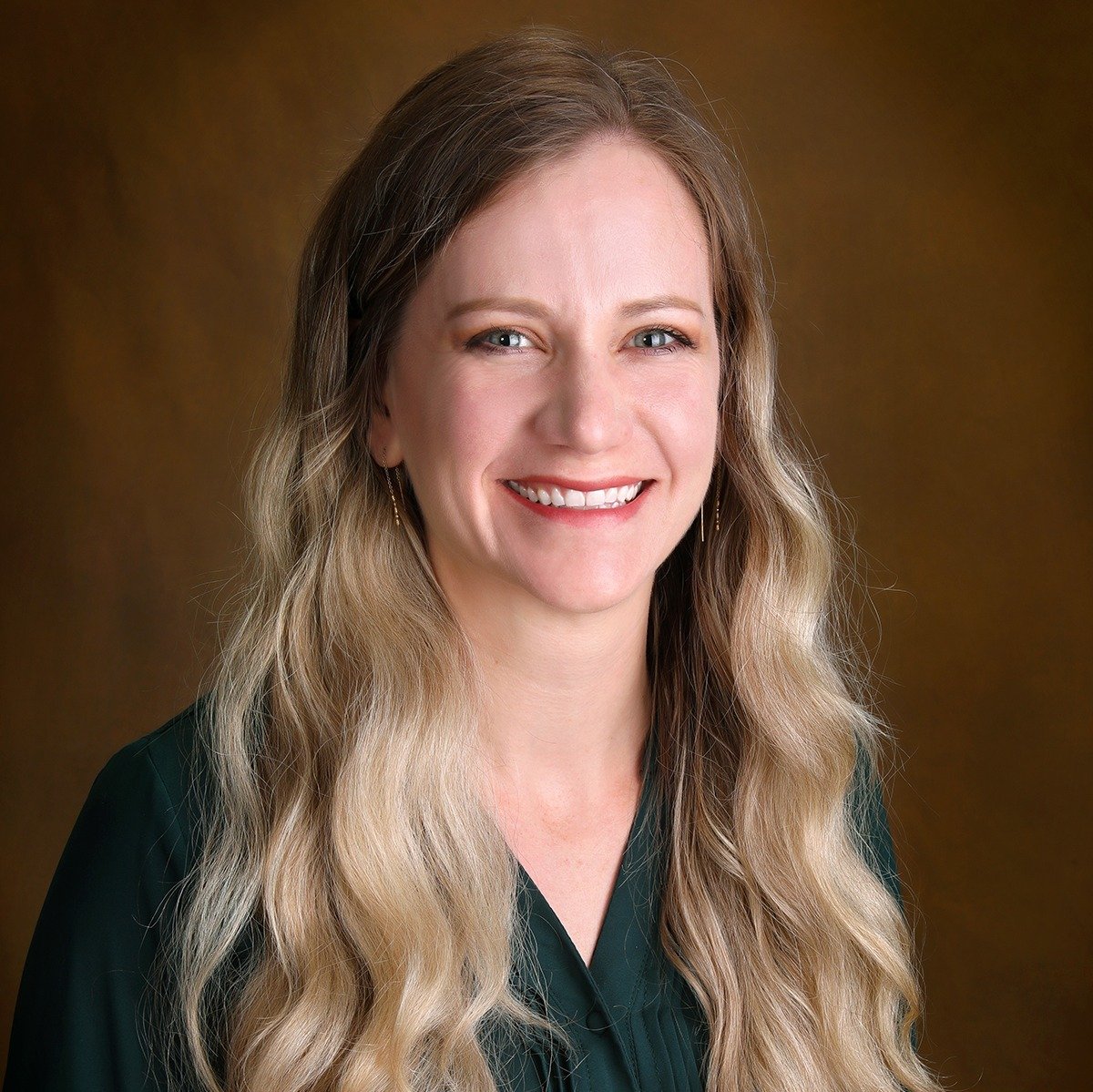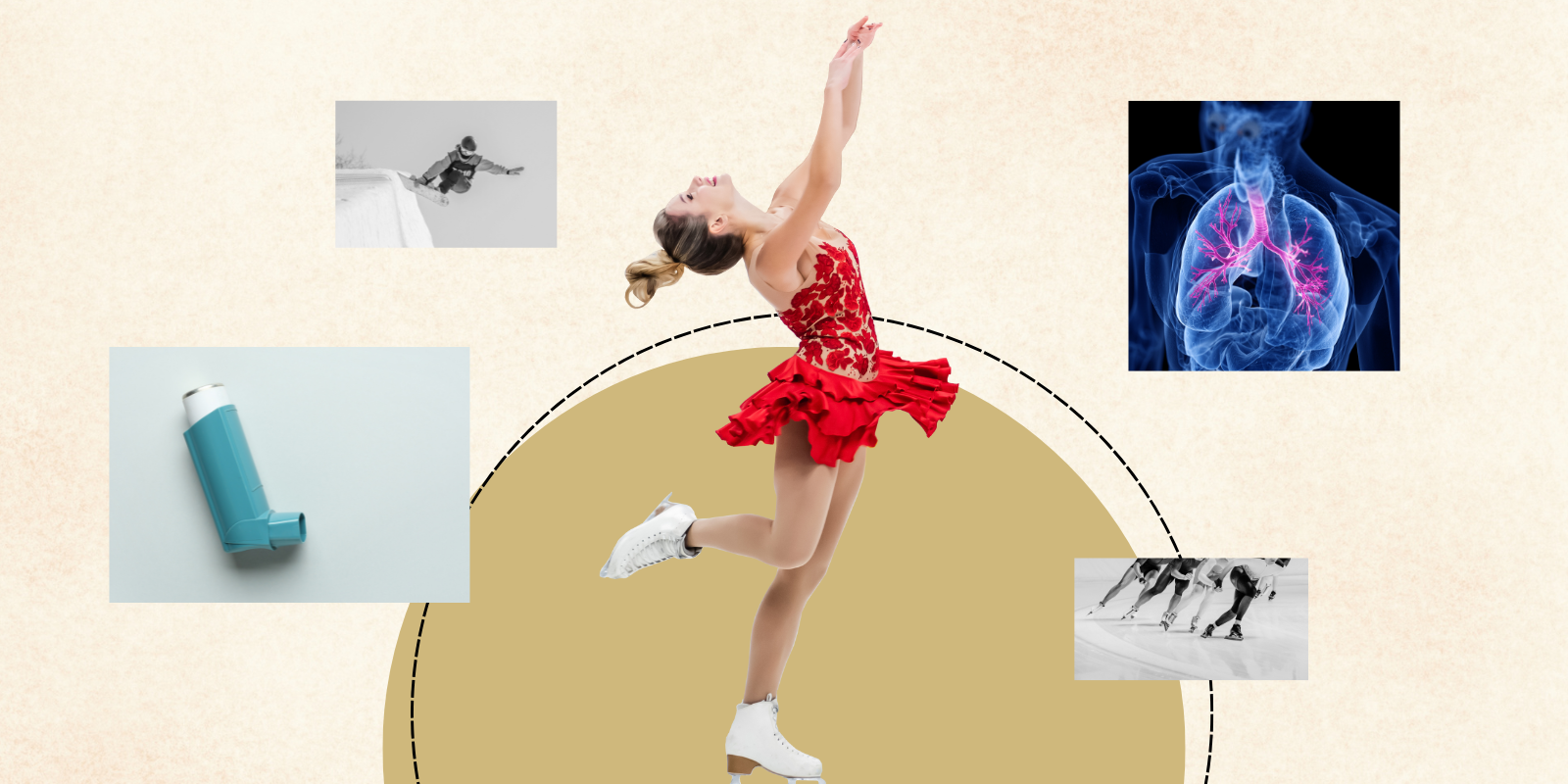When a hospitalized patient stops breathing or their heart stops, a clinician will push a “code blue button,” alerting others that the patient needs intervention as soon as possible. In the blink of an eye, a team of clinicians assemble, working together to deliver emergency care.
But when these efforts are not enough to save the patient’s life, many of these clinicians — especially trainees like medical residents — are left with lingering questions. Could they have done more? Should they have acted sooner? How do they cope with the memories of this patient and their death? Is this career even meant for them?
Historically, these questions were often not spoken aloud. Rather, the team of clinicians would disassemble without much of a debrief about what happened, leaving many with unresolved feelings or even secondary traumatic stress. Two chief medical residents in the University of Colorado Internal Medicine Residency Program argue that needs to change.
In a CU Department of Medicine Grand Rounds presentation, Kira Grush, MD, MA, and Andrew Pham, MD, explained the importance of clinicians debriefing critical events with their trainees, saying it leads to better patient outcomes and improved wellness for trainees.
“What we know, from study after study, is that attendings, fellows, residents, medical students, and nurses all want debriefs,” Pham said. “Yet also, study after study, what we’re seeing is that debriefs aren’t happening as frequently as they should be.”
Why it’s needed
Although national research shows that 75-90% of attendings, fellows, residents, medical students, and nurses want more debriefs, they happen less than 50% of the time, Pham explained.
There are two different types of debriefs — a clinical review and a reflective debrief. In a clinical review, clinicians discuss what exactly happened in a situation and how it can be done differently in the future. A reflective debrief, on the other hand, has the goal of checking in on how the clinicians are feeling in the aftermath of a critical incident.
“Clinical debriefs and reflective debriefs serve different purposes, and these clinical debriefs alone are not enough,” Pham said.
Grush explained that both types of debriefing can result in better outcomes for patients and clinicians. Research showed structured clinical reviews improved short-term patient outcomes, such as better CPR performances. Reflective debriefs, on the other hand, improve long-term health care worker outcomes. Literature shows that reflective debriefs are associated with improved wellbeing, reduced burnout symptoms, better coping skills, higher job satisfaction, improved team connectedness and psychological safety in the workplace, and a reduction in secondary traumatic stress.
“Secondary traumatic stress demonstrates similar features to PTSD,” Grush said, adding that examples of this can be someone’s heart pounding when they think about work, having disturbing dreams about work, or feeling emotionally numb and isolating from others.
National research has shown that 64% of emergency medicine nurses, 24% of general surgery residents, 40% of oncologists, and 48% of front-line physicians during the COVID-19 pandemic experienced features of secondary traumatic stress. Locally, Grush was involved in research that showed some CU medical students have experienced symptoms of secondary traumatic stress as well.
“However, effective debriefs reduce secondary traumatic stress for medical students, nursing students, and residents,” Grush said.
How to lead effective debriefs
One of the first steps to leading an effective reflective debrief is knowing when to do so. Grush and Pham recommend conducting a reflective debrief after critical incidents, which can include when there are codes or unexpected patient deaths, rapid patient deterioration, perceived medical errors, high stakes situations, ethical concerns (like when a clinician worries that a patient’s goals of care are not being met), and individual stressors such as feeling a connection to a patient.
There are multiple different ways to approach reflective debriefs, Grush said. There is also no consensus on which approach is the best one.
“But, when implemented well, these different structures actually all showed benefits. A recent 2025 meta-analysis in the American Journal of Surgery looked at 19 different studies, almost all of which had completely different debrief models, and every single one showed benefits because of the structure and implementation process,” Grush said.
One common structure for effective debriefs, which has been used at CU, involves three parts — describe, discuss, and deal. Under this model, after a critical incident, a clinician should ask the other providers to participate in a reflective debrief. Once everyone is together, the facilitator should describe the purpose of the debrief, create a safe space for the team, and have everyone introduce themselves and their role.
Then, the facilitator should discuss the clinical event briefly (summarize what happened in about two sentences). Grush noted that this debrief is not meant to go over the clinical information in detail. Instead, the debrief should focus on helping clinicians process their personal feelings about the experience. Following the clinical event summary, the facilitator should ask a series of reflective questions to the team, such as:
- How did this experience make you feel?
- What was particularly challenging about this case?
- It’s normal to feel like you could have done something different. Does anyone feel that way?
Lastly, the facilitator should introduce resources and coping strategies for the team. Ask questions like:
- Is anyone willing to share something they do to help process or cope with a difficult patient outcome?
- What are some resources that are available to us to help process events like this?
- What will you do next, or what will you take away from this patient case?
Addressing barriers
Studies show that barriers to conducting reflective debriefs include perceived hierarchy (trainees or early-career clinicians rely on senior clinicians to initiate the debrief because they feel it is not their place), a perceived lack of time to do a debrief, or being afraid to speak up.
To address the first barrier, Pham said it is important to train both attendings and residents how to conduct reflective debriefs. For example, one study showed that when residents were given dedicated training, it led to more of them feeling like they can lead a debrief and that they have enough time to do so.
“This shows that it is very important to have training for attendings and also to empower our residents,” he said.
When it comes to timing, one study found that most clinicians want debriefs to happen immediately after a critical event. Yet, there are many who say they don’t think there is enough time for them to conduct reflective debriefs. To address this barrier, research has shown that a potential solution is for medical institutions to have a standardized debriefing model for clinicians to use. It may also be beneficial to incorporate debriefs into clinicians’ shifts.
Standardizing the process of debriefing can also help reduce the barrier of clinicians being afraid to speak up, because it makes debriefs part of the institution’s culture and normalizes the practice.
“With just 15 minutes, we can empower our residents to experience less burnout and less secondary traumatic stress,” Pham said.
Expanding debriefs at CU
The effort to make debriefs occur more often for students and residents is already being done at CU, Grush explained. Department of Medicine faculty members Natalie Held, MD, and Anna Neumeier, MD, are teaching “narrative medicine” to CU medical students, where they use poetry and reflective writing as ways to debrief traumatic events. Fourth-year students are also participating in a pilot program where they will learn about critical incident debriefing, as well as pre-briefs and how to create a personal action plan for residency.
For CU residents, clinic debriefs are being piloted among internal medicine residents. After an inpatient rotation, residents will go to the debrief to reflect on questions such as whether they’ve experienced any difficult patient encounters that have stuck with them.
Denver Health also has a pilot program for residents to expand the practice of debriefing. Under this program, residents conduct pre-briefs, which involves planning who they can reach out to for support if a critical incident happens, and fellows and attendings receive training on how to conduct debriefs.
Given the demonstrated value — and need — for more reflective debriefs, Grush told the clinicians in the crowd that she hopes they feel more “empowered to promote team wellness through effective debriefs, and that we have provided you with tools to help do this well.”





